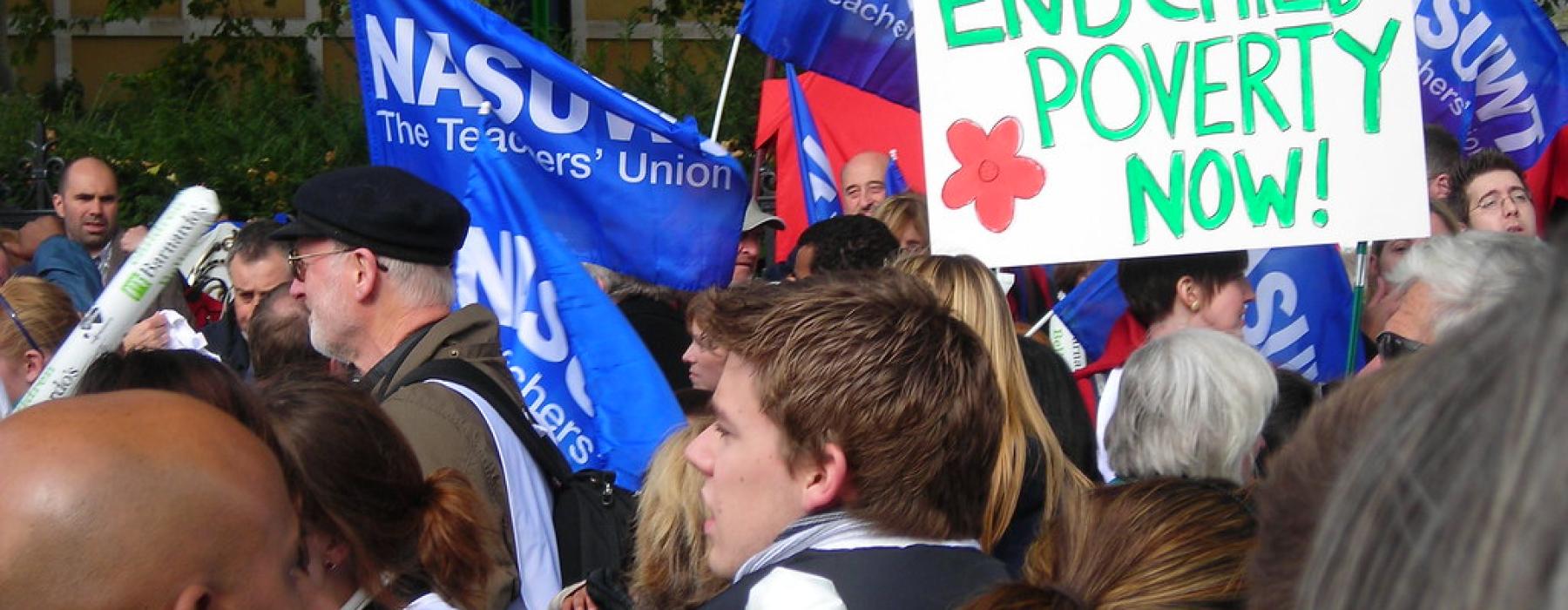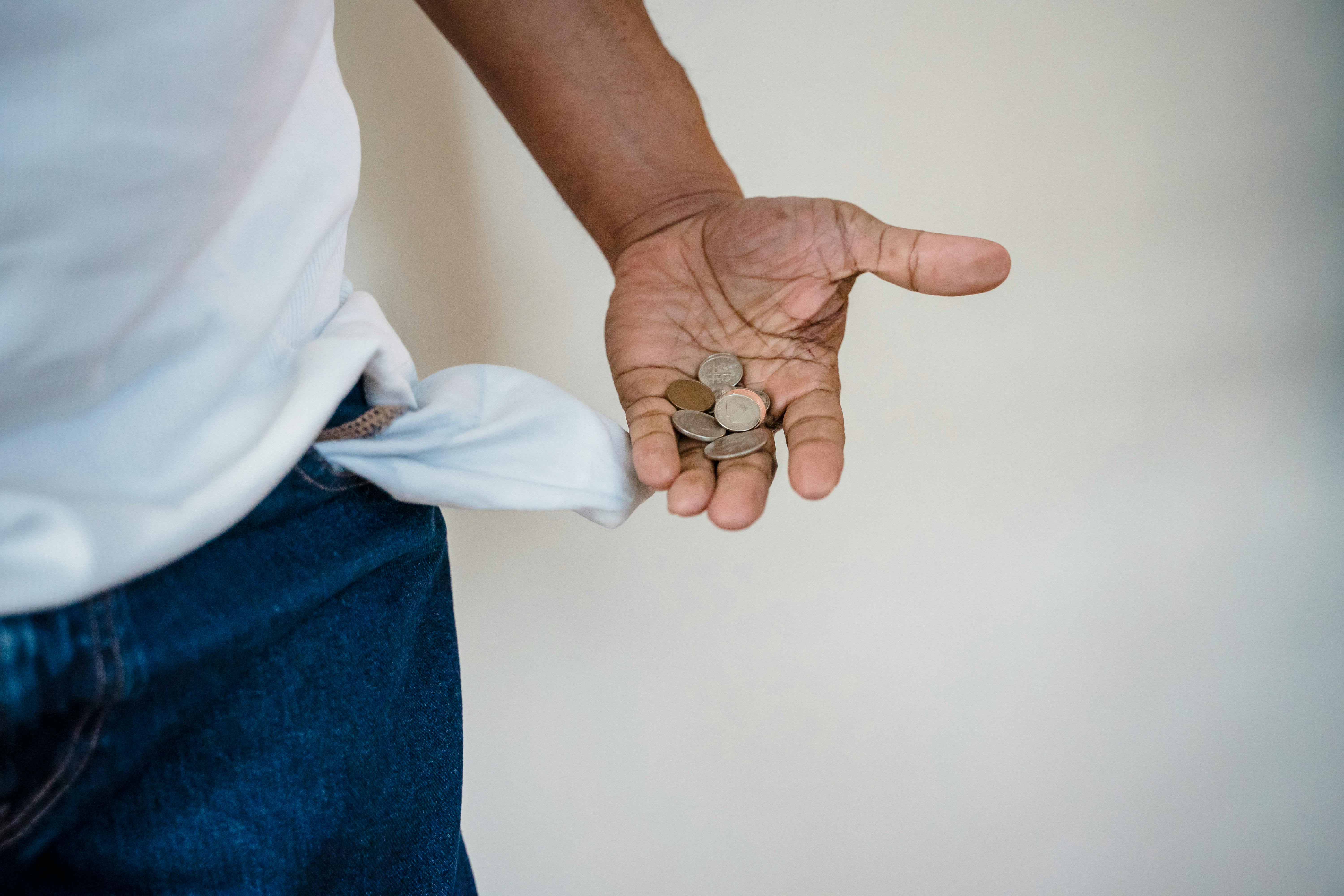
Poverty Action
"End Child Poverty - Keep The Promise" by RMLondon is licensed under CC BY 2.0.
For example, some Meetings made submissions to their local Councils, asking that they pay all their workers the Living Wage. Meetings ensure all contractors engaged by them pay their workers the Living Wage (currently $27.80/hr).
Other Meetings support low-decile schools and families through donations of money and needed items.
The Quaker Lecture in 2015, given initially at our Yearly Meeting and then toured throughout New Zealand, was given by Bryan Bruce, and highlighted the facts and reality of poverty within New Zealand, and our very high wealth gap. You can view the full text of the Lecture here.
As humanity starts to reach and exceed the limits of growth modelled by the Club of Rome in 1972, two possible futures stand in stark contrast: a failed growth economy, or a Steady State described here as an economy of Enough. A willingness to say "I have enough now; the rest is for others, or for Nature" could usher in a future that is dynamic, congenial, prosperous, and ecologically and socially rich. We would have less stuff but more time and richer relationships. However, the challenges are daunting. Such an economy requires fundamental change to our economic goals, our tax and monetary systems, the framework of capitalism and, hardest of all, to our values and our image of ourselves as human beings. This lecture discusses the challenges of an economy of Enough.
You can view the full text of the 2013 Lecture here. (431KB .pdf)

pexels-nicola-barts-7927424.jpg